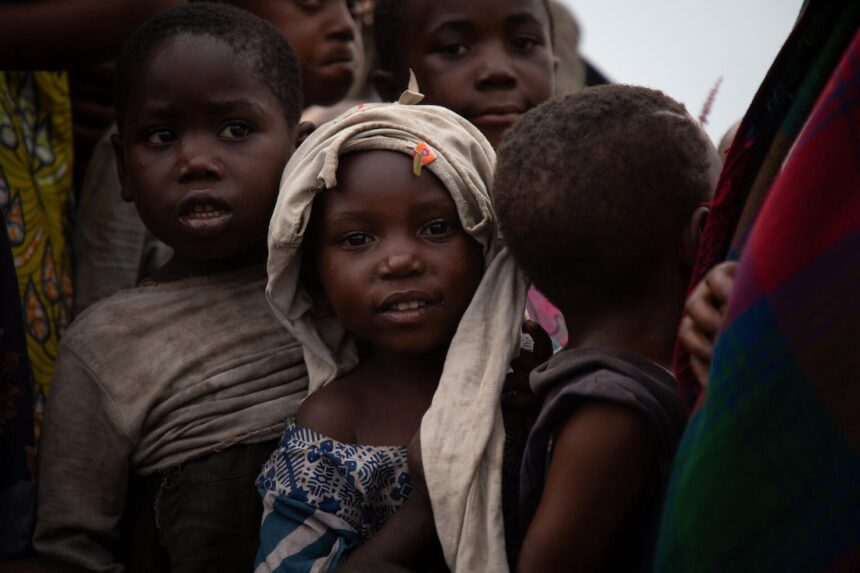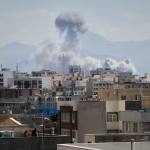As Ethiopia grapples with a myriad of crises, including political instability, ethnic tensions, and the lingering impacts of climate change, the United Nations has issued a stark warning: the nation is perilously close to catastrophe. Recent reports highlight the fragile state of affairs in the country, shedding light on the urgent need for concerted international attention and action.
A Tidal Wave of Challenges
Ethiopia, the second-most populous country in Africa, has been a focal point of both cultural richness and political strife. The complex landscape of ethnic diversity has often led to conflict, particularly in recent years. The Tigray conflict, which erupted in late 2020, has had devastating consequences, resulting in thousands dead, millions displaced, and a humanitarian crisis of staggering proportions. The UN has reported that over 2 million individuals remain internally displaced due to the ongoing violence, with millions more in need of urgent assistance.
Famine and Food Insecurity
The conflict, compounded by drought and economic mismanagement, has brought about severe food insecurity. According to the UN’s World Food Programme, approximately 20 million Ethiopians face acute food shortages. The agricultural sector, which employs the majority of the population, has been severely disrupted, leading to a decline in food production. The recent Horn of Africa drought exacerbates the situation, as crops fail and livestock perish, plunging communities into deeper despair.
The Human Rights Crisis
Human rights violations have become alarmingly frequent, with reports of ethnic cleansing, torture, and widespread sexual violence. The UN and other international observers have documented these abuses, highlighting the urgent need for accountability and action. Civilians bear the brunt of the violence, and humanitarian access remains severely restricted, hampering efforts to provide desperately needed aid.
Economic Collapse Looms
The economic outlook for Ethiopia is equally grim. According to the International Monetary Fund, economic growth has slowed significantly, with inflation spiraling out of control. The country, which was once on a path toward rapid development, is now facing the possibility of economic collapse. Rising prices for basic goods, coupled with diminishing national revenues, have left many families struggling to make ends meet. The economic strain threatens to exacerbate social tensions and ignite further violence.
A Call for Urgent Action
The UN’s warnings cannot be taken lightly. Ethiopia stands at a critical juncture, requiring immediate international intervention to avert catastrophe. Diplomatic efforts must be intensified to facilitate dialogue among warring factions, ensure humanitarian access, and hold violators of human rights accountable. Additionally, international aid must be ramped up to address pressing food insecurity and support recovery efforts in war-torn regions.
Conclusion
Ethiopia is a nation rich in history and potential, yet it finds itself on the brink of catastrophe. The combination of ongoing conflict, economic instability, and humanitarian crises creates a perfect storm that threatens the lives and livelihoods of millions. As highlighted by the UN, the time for action is now. The international community must rally together to support Ethiopia in its time of need, ensuring that it does not slip into further chaos but instead emerges as a beacon of hope and stability in the Horn of Africa. The choice is clear: proactive intervention can save a nation on the edge from falling into the abyss.
Email Us on editorial@nnafrica.com













